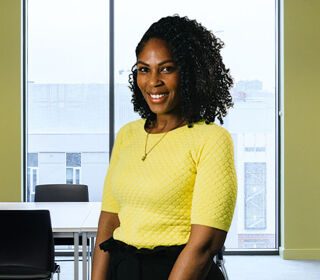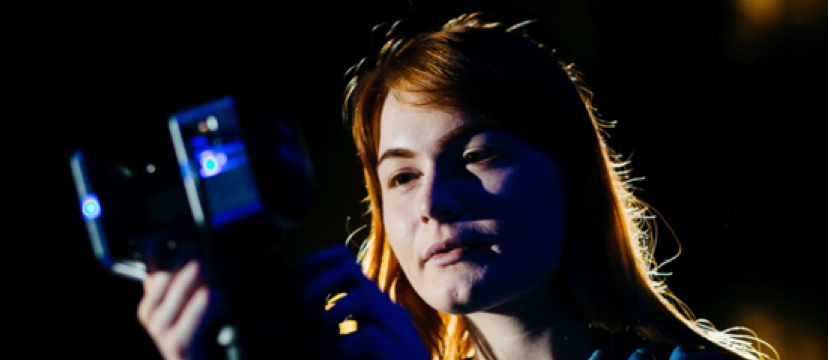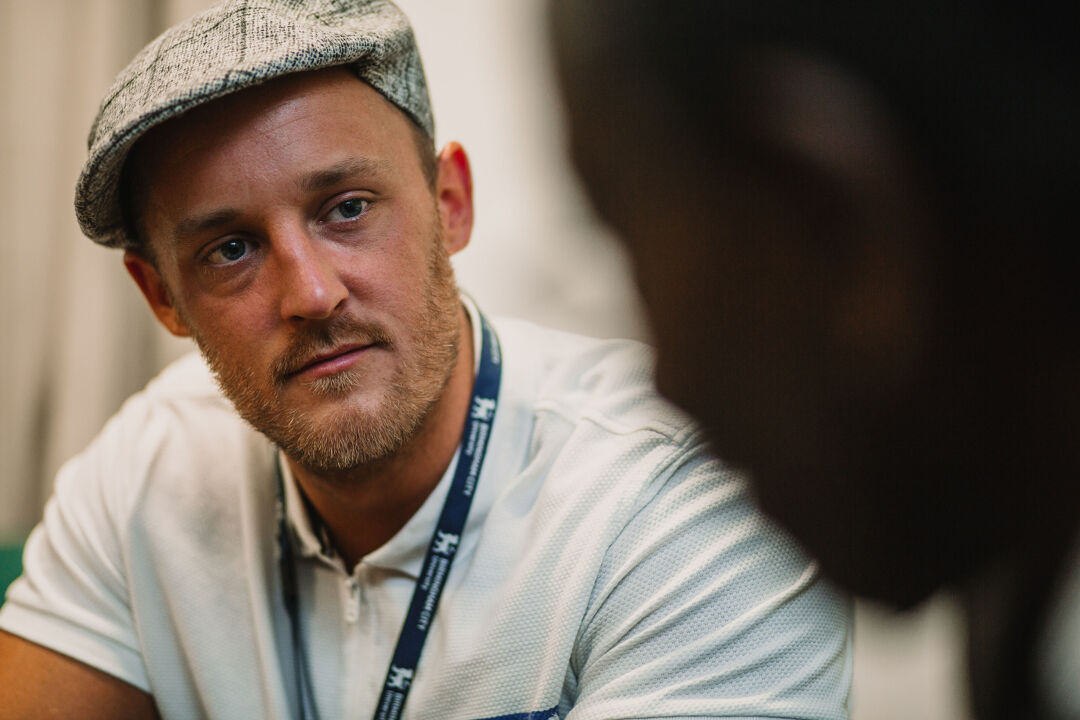
Blog

Social sciences lecturer, Kadian Pow has over 20 years of experience working in education in both the USA and the UK. To Kadian, teaching is about transforming information so that it becomes integral to the realities of people's lives, no matter the form it takes. We caught up with Kadian about her career so far, what our Sociology and Black Studies degrees entail and advice she has for aspiring sociologists.
What do you do at BCU and how long have you been part of the University?
I am currently a lecturer in Black Studies and Sociology. I started my PhD at BCU in May 2015 and later that year, I began delivering guest lectures before later becoming a full time lecturer.
Could you tell us about your experience and how this feeds into your teaching?
Much of my current teaching has evolved out of the subject matters I was tackling in my PhD thesis, which sits at the intersection of popular culture, social media, television discourse, fandom, and black women. Understanding forms of black expression, and the ways it challenges coloniality is a deep area of interest to me, and feeds much of my teaching across several topics.
What are some of the greatest achievements you have accomplished at BCU?
I was really proud to help facilitate the first ever COLOURS Youth Festival in 2019, which was a conference-like event hosted at BCU with several LGBTQIA organisations from the Midlands and further north. It was entirely planned by young, queer people of colour and run by them, too. They offered me the opportunity to run one of the workshops, which I did. It was about creating a short-form course they wished had been taught in their secondary education. I learned a lot about what’s missing in classrooms across Britain!
Sociology Courses
Find out more about our courses
What makes the courses you teach on distinct and what is the learning environment like?
The learning environment produces a lot of discussion. I am able to be less strict about allocating time for discussion. It tends to be an organic process of my lecturing, and I let it happen that way because it’s better to have the discussions during the points of the lecture where students are motivated to speak.
Why do you think Birmingham is a good place to study?
Having moved from Washington, D.C. to Birmingham on purpose, I was very attracted to the diversity of cultures in this city. That is completely reflected in the BCU student body. It makes a difference to my teaching. I think about how my university education often lacked that mix of cultures. I draw on the backgrounds of my students in reflecting back examples I uses in my lectures or themes of the discussion questions. Birmingham is also very accessible to many other parts of the country and contains a rich heritage of immigration and industry.
What can students do to help prepare them for the courses you teach?
Read! I cannot say that enough. Reading is how one becomes curious.





